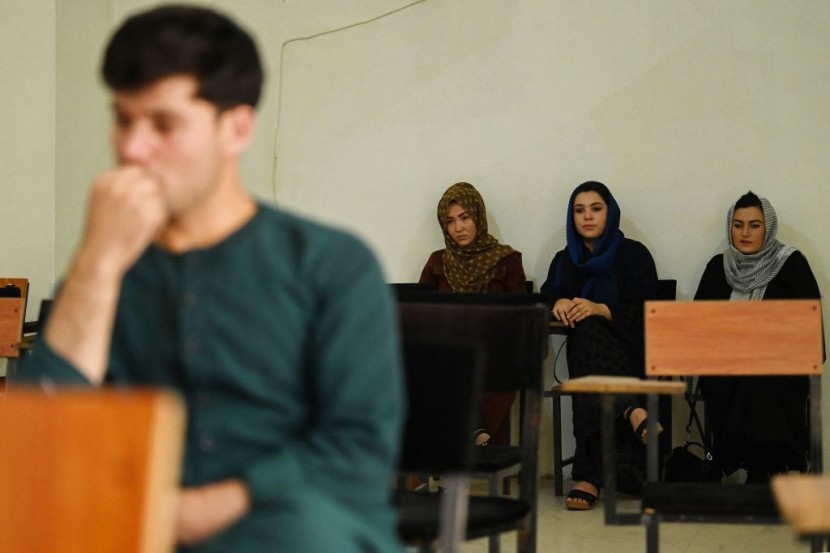
France has declared that wearing abayas in public schools will be illegal starting in September.
This decision has sparked controversy, with some officials contending that it adheres to the principles of "laicité," the French form of secularism, and critics viewing it as a measure targeting French Muslims, as per Reuters.
France's Abaya Ban Sparks Debate
Education Minister Gabriel Attal defended the prohibition citing the "laicité" principle, which prohibits religious displays in educational institutions. However, critics believe that this policy has disproportionately affected the Muslim community.
Attal's rhetoric was greeted with skepticism when he described the abaya, a long and flowing Islamic garment, as "a religious gesture intended to test the republic's resistance to the secular sanctuary that school must constitute."
Furthermore, he argued that classrooms should not exhibit outward signs of religious affiliation, promoting a neutral environment. Olivier Veran, a government spokesman, took a firmer posture, condemning the abaya as a "political attack" and a "political symbol" and implying that wearing it is equivalent to proselytizing.
Attal intends to provide clear guidelines at the national level for school administrators before the September 4 return to classes. This move follows a lengthy debate on the issue of abayas in French schools.
In the past, French schools have prohibited women and girls from wearing the Islamic headscarf or facial coverings under a law passed in 2004 that forbids public displays of religious affiliation.
Unlike head coverings, abayas existed in a gray area and were not explicitly banned. However, in November of the previous year, the education ministry issued a circular categorizing the abaya as part of a group of garments that could be banned if worn in a manner that openly displayed religious affiliation-this circular featured merchandise like bandanas and long skirts.
Despite the absence of an official ban, it was reported that some Muslim girls in Marseille did not attend school due to alleged mistreatment by instructors regarding their abayas. In May, city high school students protested what they perceived to be discriminatory treatment of Muslim girls donning abayas.
While some have applauded Attal's declaration, others have criticized its implications. Eric Ciotto, leader of the right-wing opposition Republicans party, supported the prohibition. In contrast, Clementine Autain, leader of the left-wing opposition France Unbowed party, criticized the move as clothing policing, according to the New York Times.
France's Abaya Ban
Autain argued that the announcement violates France's foundational secular values and reflects an unjustified obsessive rejection of Muslims on the part of the government.
This contentious decision is occurring in broader French debates about Islam. The conversation intensified after the 2020 beheading of teacher Samuel Paty by a radicalized Chechen refugee in response to Paty's displaying of Prophet Mohammed caricatures to his pupils.
In this context, the Council of French Muslim Worship (CFCM), a national organization representing multiple Muslim associations, has argued that clothing items alone do not comprise religious symbols.
The abaya prohibition has become a flashpoint, exposing underlying tensions regarding secularism, religious liberty, and cultural integration in France. Implementing this policy in September will undoubtedly spark additional debates on the subject in France and internationally, CBS News reported.
© 2026 HNGN, All rights reserved. Do not reproduce without permission.








